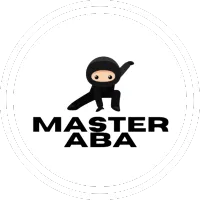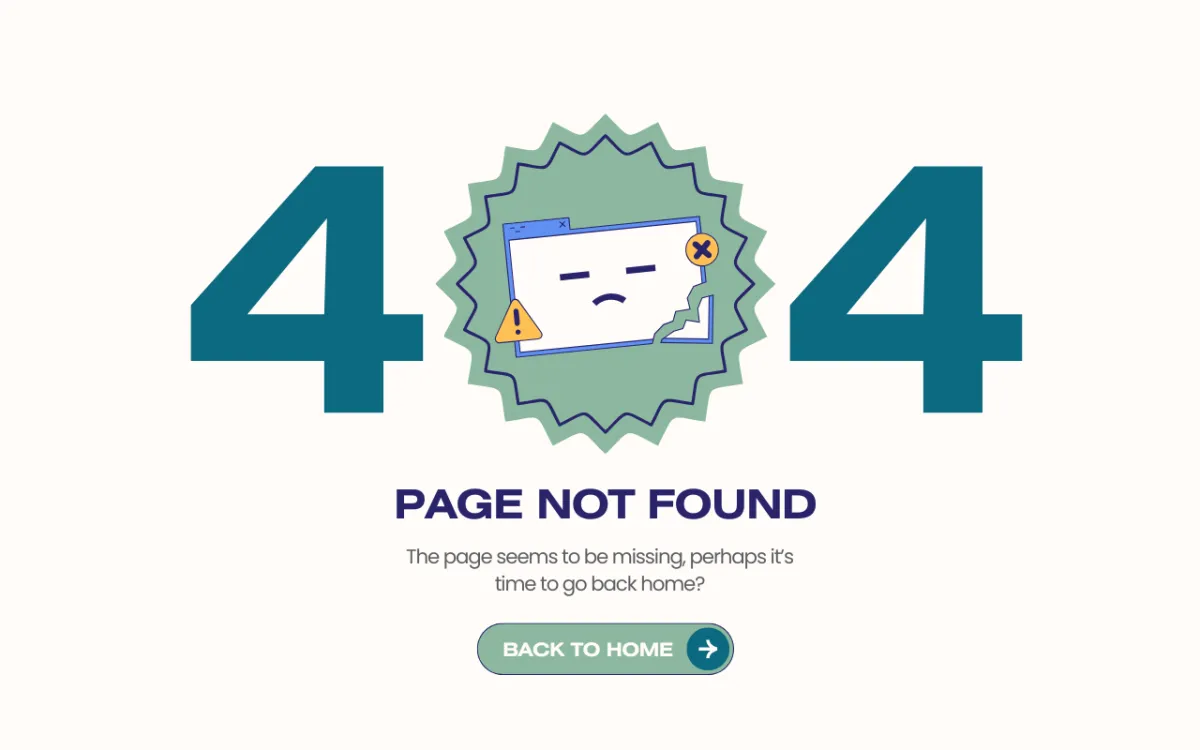- Home
- Events
- CEU Resources
- Blog
- Courses
- Instructors
View Courses by Instructor
Click each instructor to view their courses
- Portal Login

© Copyright 2025. Master ABA. All rights reserved.
Click each instructor to view their courses

© Copyright 2025. Master ABA. All rights reserved.
